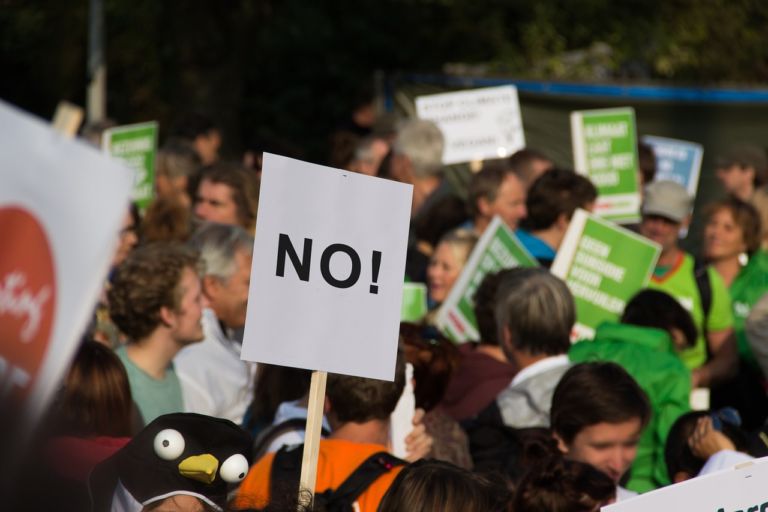Joy Pullmann of the Federalist points to a core issue in the debate about what’s taught in public schools.
Contempt for the kind of self-government that starts with families also comes out in the thousands of teachers openly defying — with legal backing from top Democrat Party donors — laws enacted at parents’ behest that seek to ban the teaching of things like critical race theory.
Regardless of how it comes out, all these incidents point to what’s at the real center of today’s virulent debate about public schools: Whether parents or bureaucrats should control what kids learn. This has been at the crux of all the debates about public education going back to when Progressive Era do-gooders started American schools’ path towards nationalization.
Columbia Law professor Philip Hamburger goes back to this history in a Friday Wall Street Journal essay explaining why public schools will remain a fierce culture war battleground until lawmakers make them release their grip on America’s kids. “[T]he schools remain a means by which some Americans force their beliefs on others,” Hamburger writes. “That’s why they are still a source of discord.”
He notes that the steady transference of American K-12 education from private, mostly church-run schools to government agencies was planned to control what the next generation of voters believed. In the late 1800s and early 1900s, this manifested through the effort by the white, Anglo-Saxon Protestant establishment to convert Catholics by putting their kids in Protestant-ish public schools. That eventually turned into an effort by secularists to convert Christians of all kinds by banning Christianity from public schools. Both succeeded. …
… Today, public schools don’t merely shift children from one denomination to another but outright replace Christianity with the secular religion most visible as identity politics, as former U.S. Attorney General Bill Barr detailed in June. That’s why Barr warned Americans that public schools are “the greatest threat to religious liberty in America today.”


